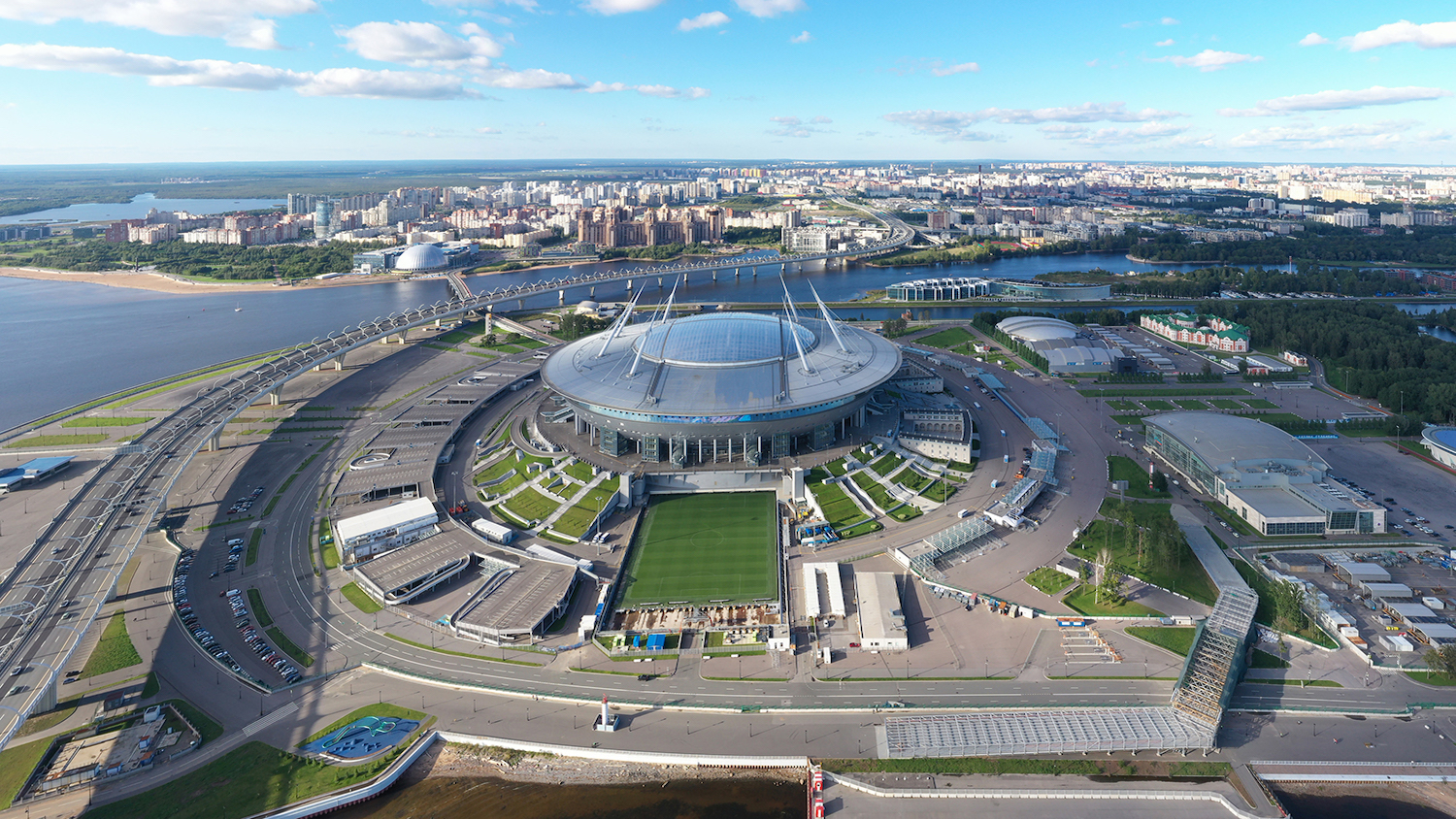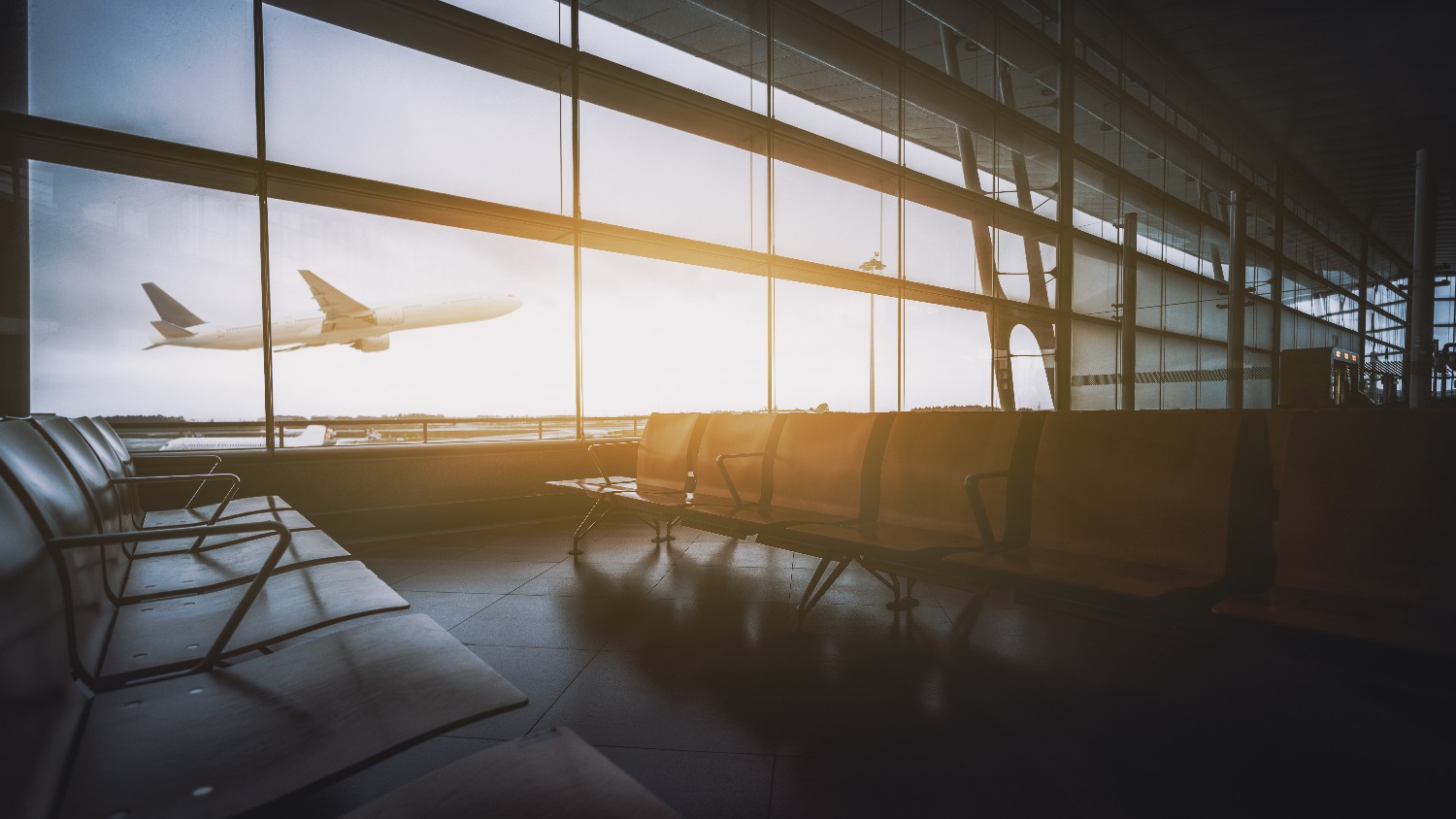Putin’s Invasion of Ukraine Will Impact Russian Sports For Decades
Russian sports teams will face economic uncertainty as fan support, ticket sales and access to international talent decline.

As Russia’s invasion of Ukraine continues, numerous international sports leagues and organizations have suspended Russia from international competitions — a move that could wreak havoc on the country’s athletic capabilities for decades.
“Sport can serve as a very powerful political tool,” said Jason Bocarro, a professor of parks, recreation and tourism management at NC State. “While Putin seems like a headstrong character who’s going to move forward with his plans no matter what happens, these suspensions will create social and economic pressure.”
On February 28, the International Olympic Committee’s executive board recommended the ban of Russian athletes and officials. Russia has since been suspended from competing in soccer, basketball, figure skating, among many other sports.
Bocarro, who studies equity and human rights issues in sport and recreation, said Russia’s suspension from international soccer could prove especially disruptive for the country.
FIFA and UEFA, soccer’s largest and most influential governing bodies, recently banned all Russian club and national teams from international competition, including the upcoming qualifying games for the 2022 World Cup in Qatar.
Additionally, UEFA relocated the Champions League final from St. Petersburg in Russia to France and ended its sponsorship agreement with Russian energy giant Gazprom. The agreement was worth a reported $50 million a year.
“Russian teams can’t play in the Champions League or Europa League because of the bans,” Bocarro said. “That’s going to have a significant financial cost because playing in these global events brings tremendous television revenue and global exposure.”
The UEFA ban affects all 16 teams in the Russian Premier League, including Spartak Moscow. The team had been in the last 16 of the Europa League, with an upcoming match against RB Leipzig of Germany to advance to the quarterfinal.
Going forward, the Russian Premier League will likely face challenges in recruiting and retaining top players from other countries as a result of the bans, potentially causing teams to experience eroding fan support and ticket sales.
FIFA, in coordination with UEFA, recently announced that foreign players and coaches contracted by Russian teams can suspend their contracts and sign with new teams through the end of the European season in June.
“Russian teams aren’t allowed to compete internationally so a lot of players aren’t going to want to play in the league,” he said. “It’s the same for basketball, hockey and other sports with vibrant leagues. It will have a huge financial impact domestically.”
The Russian Football Union and the Russian Ministry of Sport recently filed appeals in the Court of Arbitration for Sport in an effort to reverse the suspensions from FIFA, UEFA and other international sport organizations and leagues.
However, despite these appeals, the suspensions will likely generate long-term impacts on athletic development within Russia, according to Bocarro.
“If players aren’t competing against the best and teams don’t have the money to support youth athletic development at the grassroots level, it can take years and decades to recover from that,” he said. “You can’t just produce elite athletes overnight.”
Bocarro added that the suspensions not only impact Russia’s athletic capabilities but also raise questions about the apolitical nature of international sporting events.
The International Olympic Committee and FIFA have long avoided excluding countries from competition due to their ethical or political values. In 1938, for example, Nazi Germany was allowed to participate in the World Cup.
“It will be really interesting to see how FIFA and other organizations move forward when considering suspensions,” Bocarro said. “How do you determine which countries can participate based on human rights, particularly when countries have different values and interpretations as to what constitutes an infringement on human rights?”


